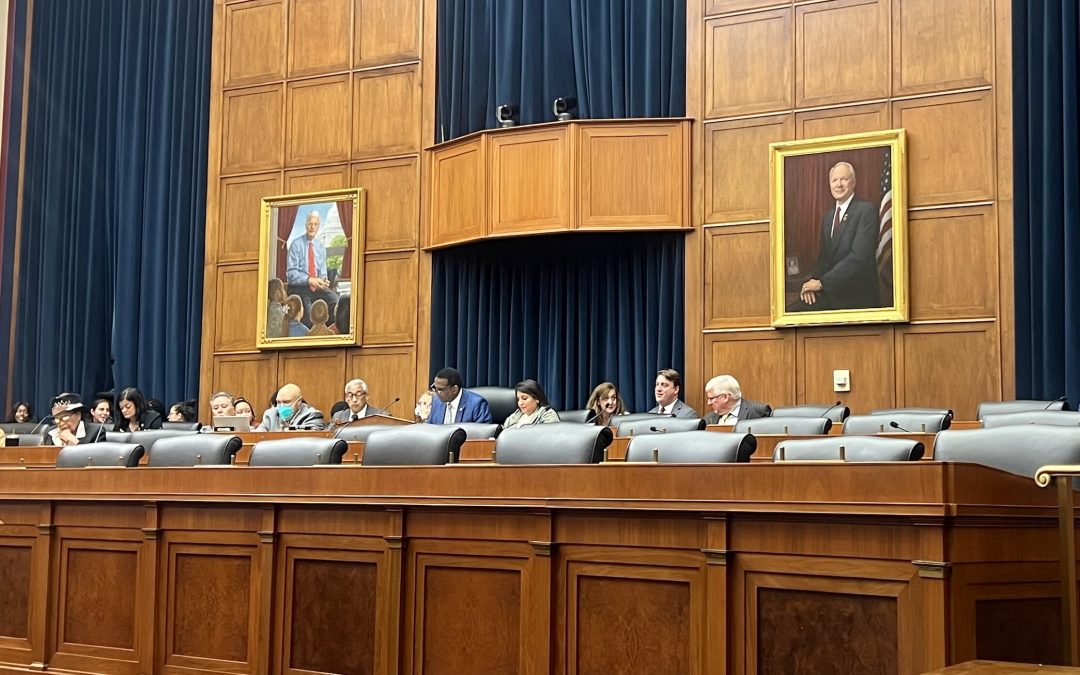WASHINGTON — As universities establish new policies following the Supreme Court’s landmark decision banning affirmative action in higher education, House Democrats and Republicans on Thursday raised concerns about what this new era means for the college admissions process, the demographics of admitted students and the overall future of higher education.
Republicans worried that universities will find ways to ignore the ruling, while Democrats decried the loss of a tool they deemed beneficial for progressing towards racial equality.
Rep. Joe Courtney, D-Conn., told a House subcommittee hearing that some admissions offices are in chaos as they try to decipher the decision.
“The fact of the matter is this Court has really left a mess as a result of this decision,” Courtney said.
While some House Republicans are celebrating progress towards a race-blind system based in meritocracy, they still raised concerns that universities will find ways to consider race in admitting students despite the Supreme Court’s ruling.
“We must remain diligent in identifying those who are defiant, those who, despite the Supreme Court ruling, are determined to implement unconstitutional policies of affirmative action,” said Rep. Burgess Owens, R-Utah, who chairs the Higher Education and Workforce Development Subcommittee.
Multiple House Democrats expressed concerns about how the Students for Fair Admissions Inc. v. President and Fellows of Harvard College and the Students for Fair Admissions, Inc. v. University of North Carolina decisions could exacerbate preexisting institutional disparities that benefit affluent white students and leave students of color at a disadvantage.
“The current system is not based solely on merit and, without policies to counterbalance the discriminatory factors, the outcome of the system will remain discriminatory,” said Ranking Member Rep. Bobby Scott, D-Va., in his opening statement.
After the hearing, Scott told Medill News Service that he believes affirmative action was important for providing more equal access to higher education. He criticized groups that oppose affirmative action.
“As soon as you try to level the playing field, some of these groups get all discombobulated and offended,” he added.
Alison Somin, a witness at the hearing and legal fellow at the conservative Pacific Legal Foundation, said she believes the Biden administration’s Department of Education “essentially tells universities whatever they want to do is fine as long as they’re not open about it.” She pointed to a questions and answers document that the Office for Civil Rights issued after the Students for Fair Admissions decision.
David Hinojosa, who argued the University of North Carolina case before the Supreme Court, was the only witness against the decision. Hinojosa said Congress can help provide more equal access to education by increasing Pell Grant funding and investigations into systemic barriers to higher education, such as legacy admissions and the SAT.
“Affirmative action was never the silver bullet. It wasn’t going to get us where we needed to go,” Hinojosa said.
Ending legacy status for prospective students has been one of the largest university trends since the decision, said Katharine Meyer, a fellow at the Brookings Institution, a Washington-based think tank.

